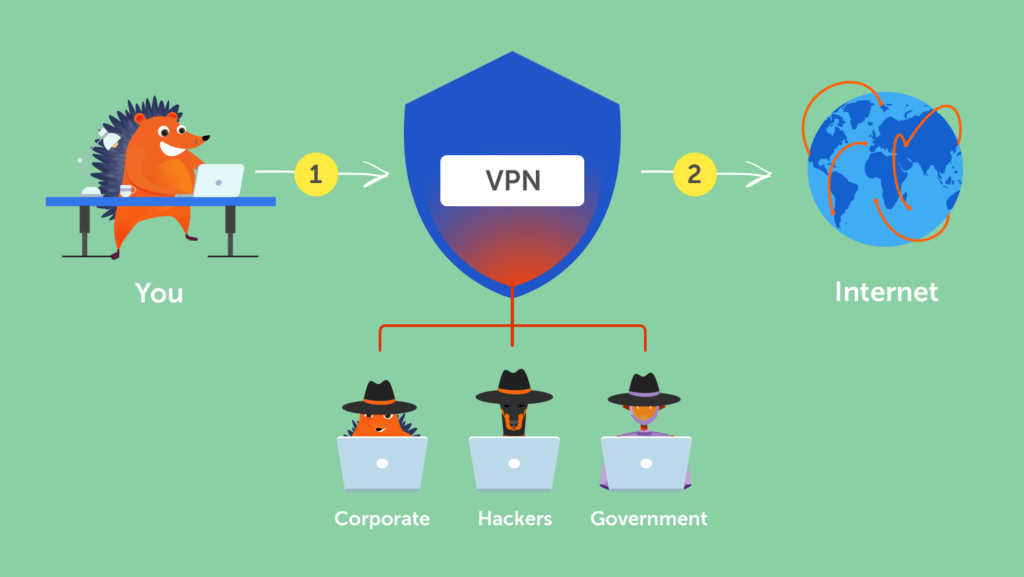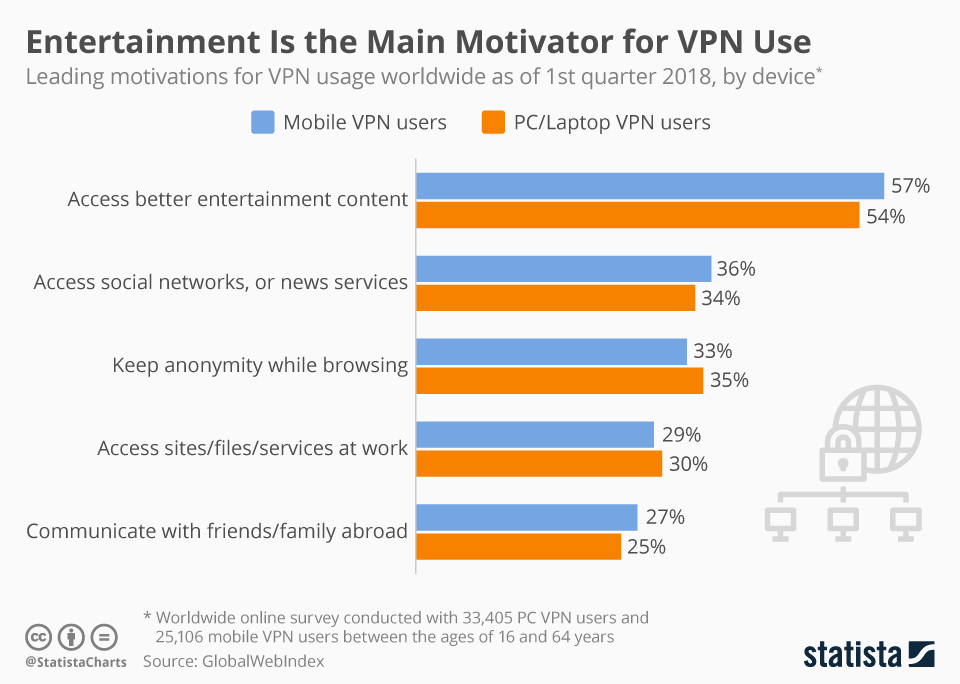You can never be too careful when it comes to security, and with some of the dangers surrounding the Internet today, you need a dependable VPN service that will keep your information safe. But how do you know if a VPN is up to the challenge?
First things first: what is a VPN? In short, it’s software that encrypts all your data from point A to B so that no one can access what’s on the inside of your device or see where you are using public Wi-Fi hotspots.

(Image Source: Namecheap)
Some are faster than others, some have more servers for a more global network of protection, and some work differently to protect your privacy. Some can be used on multiple devices at once, while others only operate on one device. The truth is that it’s impossible to know which is best for you if you don’t test them.
What is the best way to test? Choose a VPN from a trustworthy provider and set it up. While using it on your devices, simultaneously test its security with other VPNs in the same category (there are plenty to consider). The only way to really know if your VPN is working is to test it and compare it with others in the same category.
Here’s a scenario: if you’re using a free VPN, or even one that has great reviews, chances are it could be slow due to server traffic. Maybe some of the servers have been compromised, which can happen with free ones. Plus, you might be concerned about who has access to your personal data while you’re connected (since many don’t use encryption) and want to upgrade to a paid version that is secure.
To test the quality of your VPN, you need a competing service. So, go ahead and sign up for a different VPN of your choice that is free or paid. Just be sure to choose one in the same category (e.g. free, paid) as the one you’re testing to ensure that it’s being tested against the most relevant competitor in its category. Then go through all the steps to set it up and connect to its service and server list so that you can begin testing both simultaneously (even though you are NOT part of their network).
Testing will ensure that whatever VPN service you pick will protect you online and keep your data confidential at all times.
Testing you VPN
The fist step to testing your VPN involves getting and taking note of your IP address provided by your ISP. Do this before you connect to your VPN. Once your IP address is noted down, turn on your VPN and head towards your test website. The test website should now show you a different IP address to your current location. If the results are showing your original IP address, this means your VPN is not working accurately.
So, which VPN should you choose? You may be surprised to learn that it isn’t the one that has the most servers. It’s actually the one that is rated highest in security. This is because we recommend spending your money in these areas where it really matters, rather than on internal speed and numbers of servers – an area where many free services fail to deliver.
The best (and most expensive) VPNs are those that use military-grade encryption and are built on high-end networks with servers in places like Sweden, Switzerland and Iceland. In other words, choose a service with a fast and secure connection to make sure no one can access your data, making you much less prone to hacking attempts.
Why is it important NOT to use free VPNs?
There are several good reasons why you should avoid using free VPNs: Security concerns are likely. Since these services will be trying to make money off of you one way or another, you’re probably not going to get a trustworthy level of security. It’s likely that they’ll be doing anything they can do in order to profit from your use of their software, including selling your data, not using encryption and conniving with government surveillance and law enforcement agencies around the world. Not great for your privacy. What’s more, supposedly “free” VPN services are often injecting tracking cookies into your computer, which means that they can monitor exactly what sites you visit and how long you spend there.
This can compromise your privacy in the worst way possible. No bandwidth guarantees. Since free VPNs are always trying to squeeze money out of users, they’re far less likely to offer unlimited bandwidth to their users – or even decent bandwidth guarantees. Not a good idea for streaming torrenting or even entertainment which is one of the main reasons for VPN use. Terrible Terms of Service. From your Privacy Policy to your Terms of Service, free VPNs are notorious for having bad terms and conditions.

(Image Source: Statista)
They’re not transparent about how they collect and abuse data, and often come with catch-all legal jargon in their policies which mean they can do whatever they like with your data. These terms are so broad that if you use the service in any way, you could inadvertently be breaking the law. In short, it’s highly likely that a free VPN provider is going to be using the data you provide them against you in some way – especially if you’re paying with something as traceable as a credit card. Not great for torrenting or streaming.
Simply put, free VPNs have security and privacy issues inherent to their purpose of making money. They also often perform poorly in terms of bandwidth and server selection. The worst thing you can do is let yourself get too trusting and use a free VPN (or one with questionable security or privacy) when you’re trying to unblock popular content or use public WiFi. The sooner you can make the decision that a free VPN is not worth your privacy and security, the better – especially if it’s your first time using one.